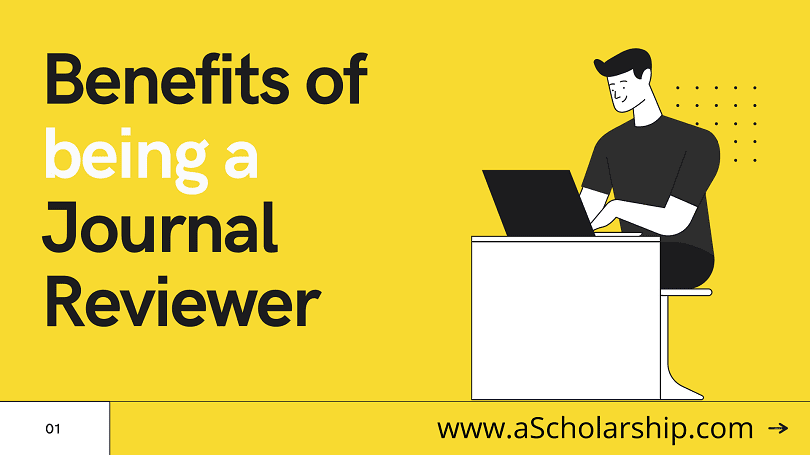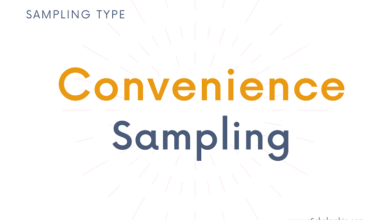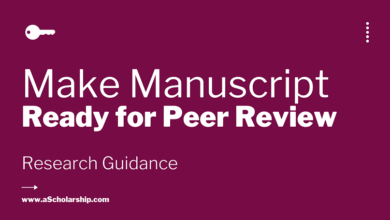5 Benefits of becoming a Peer Reviewer for a Journal: Why consider becoming a Journal Reviewer?
Here is How to Become a Journal Peer Reviewer

Peer review is simply a critical analysis of scholarly work or research paper. It is done by the individuals who are qualified in the relevant field and have the ability to authenticate the rationality of the work. Peer reviewers help a journal with evaluating the reliability and accuracy of research which is considered for publication. The published work which has been peer-reviewed is considered superior to a non-peer reviewed work.
When a submission is considered for publication, the editor asks potential peer reviewers for assistance in reviewing the manuscripts. Generally, three reviewers with an associate editor are required for the task. The reviewers who accept the assignment, analyze the submission, and then submit their findings to the journal. The review also includes the reviewer’s opinion on whether to accept the manuscript or not.
The reviewer is required to review the submission multiple times if the submission is revised by the author. This article showcases the most important reasons to be a peer reviewer and answers your questions related to peer-reviewing.
5 Reasons to become a Manuscript Peer Reviewer
Following are the reasons that elaborate why you should consider becoming a journal’s manuscript reviewer:
- It benefits your publications
Reviewing research is a critical task. It is not simply reading research and giving your opinion on it. The review requires an understanding of the fundamentals the study is based on, the methodology used, the results found, and the research that is already available.
The review also focuses on the gaps in the research. By reviewing someone’s work, you will get a clear understanding of the essentials required for scholarly work, and this will ultimately help you with your research. While writing your paper, you will consider the reader’s perspective besides your own viewpoint. Peer reviewing will help you with avoiding the mistakes that you find while reviewing other works.
- You get to know the latest developments and ongoing research in your field
Not every scholar has time to read the journals. However, peer-reviewing requires you stay to updated on the latest research and developments. While reviewing a paper, the reviewer needs to consider the research that is already available on the topic. Besides, the reviewer has to study the references used in the paper and look into different sources to verify the information mentioned. A reviewer would find it rare to review an article by only reading it. In short, the process allows you to broaden your knowledge base.
- It enhances your scholarly, research and teaching skills
Your professional skills will benefit a lot from your service as a peer reviewer. It means much more than a heading in your resume. Most importantly, it improves the quality of your professional work- whether you are a researcher, a teacher, or a scholar.
Peer reviewing requires in-depth knowledge of the field, and your commitment to this service will add great value to every work you do. Though during reviewing you may not find a connection between the manuscript you are reviewing and your routine work, but the process is definitely going to aid your future projects. For example, it can help with teaching your students a particular topic, or support the research you are interested in. With every review comes an opportunity to learn something that has the potential to refine your professional expertise.
- Your connection with your field gets highlighted
Serving as a peer reviewer gives your profile a significant worth. The service introduces you to editors of reputable journals, well-known scholars, and academics. It is a great opportunity for you to let the academic world know about yourself. You may get invited to be a part of the journal’s editorial board or any other prominent forum. Succinctly, every opportunity will help to foster your professional abilities.
- It lets you earn money
Every author hates rejections. Especially the authors who are new in the academic world face rejections regularly. Journals demand high-quality articles and have strict submission standards. This is where you can use your experience as a peer reviewer and assist beginners. You can analyze their manuscripts and give them suggestions.
Moreover, many researchers don’t want to write their manuscripts, they are just interested in the research. Besides, many non-English scholars seek assistance with diction, structural organization, grammar, etc. You can also initiate an enterprise that helps scholars with writing their manuscripts. If you are not so experienced, you can offer your services on a freelance forum or work for an enterprise that hires reviewers. To make it short, you can use your experience and make decent money.
How do you become a peer reviewer?
Start by making a contact with the editors of journals that you are interested in. Mention the field you have expertise in and ask the editor to include your profile in the reviewer database. Furthermore, Publons.com is an alternative you can use to volunteer as a peer reviewer. The website allows you to choose the journal of your choice, you have to just register yourself and get started.
What are the benefits of being a peer reviewer?
Peer reviewing earns you respect in the academic world. If you regularly peer-reviewing for a journal, it means that the editor of the journal regards your work and considers you a specialist in the field. Moreover, you get to learn new research and developments. This enhances your capabilities as a scholar and broadens your knowledge base. Peer reviewing aids your research, writing, and teaching abilities. It simply enhances your professional skills.
Do peer reviewers get paid?
The journals make decent money from subscriptions and article processing charges. But, peer reviewers usually do not get paid. However, you can use your expertise in peer-reviewing to make money. You can offer different services online- such as reviewing manuscripts, language assistance, etc. You can help non-English authors with writing their manuscripts.
What are the types of peer review?
Peer review is categorized into three types; single-blind, double-blind, and open review. In single-blind peer-review the identities of reviewers are undisclosed. In double-blind peer review the identities of the author and the reviewers are undisclosed. In open peer review the author knows who the reviewers are, and vice-versa.





